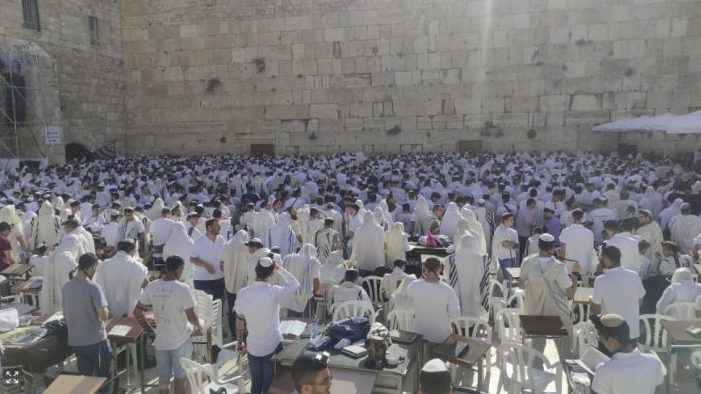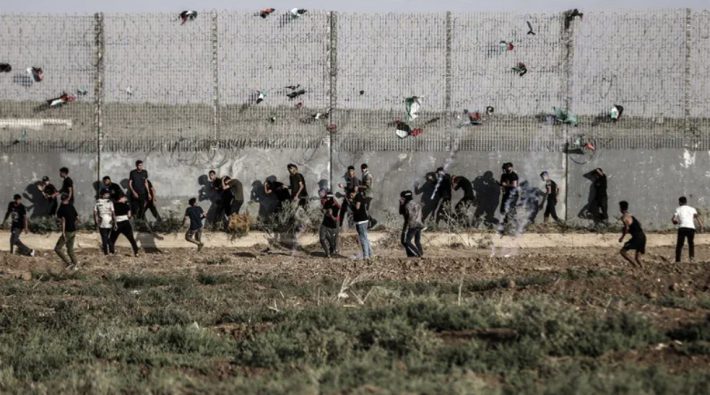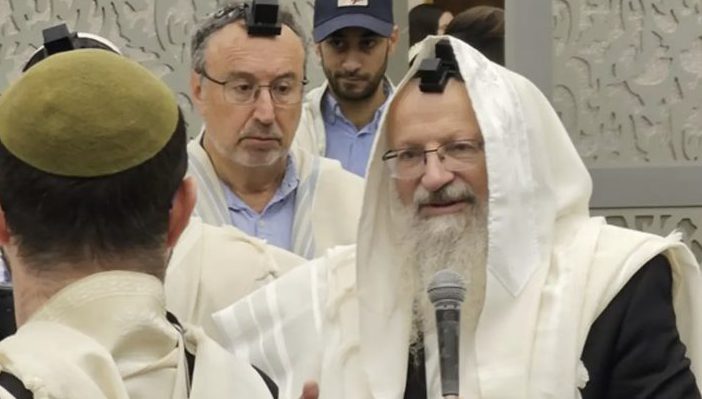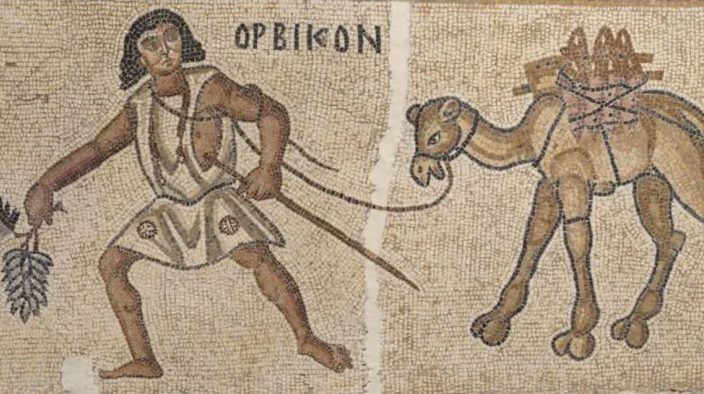JPPI report reveals explosive rise in Jewish faith and right-wing ideology since war began.
A sweeping new report from the Jewish People Policy Institute (JPPI) confirms a dramatic and unmistakable transformation inside Israeli society: since the outbreak of the war, Israelis — especially the young — are turning sharply toward faith, heritage, and the political right, marking one of the most significant cultural shifts in recent decades.
According to the Israeli Society Index, 27% of Israelis have heightened their religious observance since the war began. Among Jewish youth aged 18–24, that figure rises to an astonishing 33%, signaling a generational awakening toward Jewish identity and spiritual roots. Even within the Arab sector, 23% report greater adherence to tradition.
The shift is even more pronounced among Israelis who already viewed themselves as somewhat traditional.
- Among Jewish youth describing themselves as “traditional, not so religious”, 37% have increased observance.
- Among those “traditional, somewhat religious”, that number skyrockets to 51%.
Jewish engagement in religious practice is climbing across the board:
- 31% of Jews are praying more frequently
- 20% are reading more Bible or Psalms
- 11% are lighting Shabbat candles more often
- 11% are attending synagogue more
- 9% are donning tefillin more
- 9% report dressing more modestly
Among Jewish youth, the spiritual shift is even more profound:
- 38% pray more
- 26% read more Bible
- 14% are increasing synagogue attendance, modest dress, and Shabbat candle lighting.
Among traditional Jews, nearly 43% have increased their commitment to religious practice.
Even within the Arab sector, the war has triggered notable spiritual intensification:
- 32% pray more
- 12% dress more modestly
- 10% attend mosque or church more frequently.
A parallel rise in faith is unmistakable.
- 28% of Jews report their belief in God has strengthened.
- 37% of Arabs say the same.
Among Jewish youth, 35% report deeper belief — a staggering shift for a generation often assumed to be secularizing.
Half of Jewish Israelis say their social circles are also experiencing an uplift in faith — 58% among the young.
But the most seismic change is political.
The war has pushed Israelis decisively to the right:
- “Hard right” identification climbed from 11% → 19%
- “Right” rose from 24% → 28%
The rightward momentum is broad, crossing old ideological lines:
- 45% of “moderate right” voters moved further right
- 59% of center-right voters moved right
- 43% of centrists shifted right
- Even among the moderate left and hard left, approximately 50% report a turn toward the right
- Among Arabs, political identity remained unchanged.
JPPI CEO Dr. Shuki Friedman summarized the moment:
“The war has connected Israelis — especially the young — more deeply to tradition and Jewish identity. Not necessarily in strict halachic terms, but in visible cultural and spiritual ways. And alongside this, Israelis are shifting rightward. Israel after the war is more traditional and more right-leaning.”
He noted that the viral success of Sasson Shaulov’s religious hit “Tamid Ohev Oti” — with tens of millions of views — symbolizes the public’s spiritual and cultural turn.
The war has not only reshaped Israel’s borders and battlefields — it has reshaped Israel itself.
A more traditional, more nationalist, more spiritually grounded Israel is emerging.





